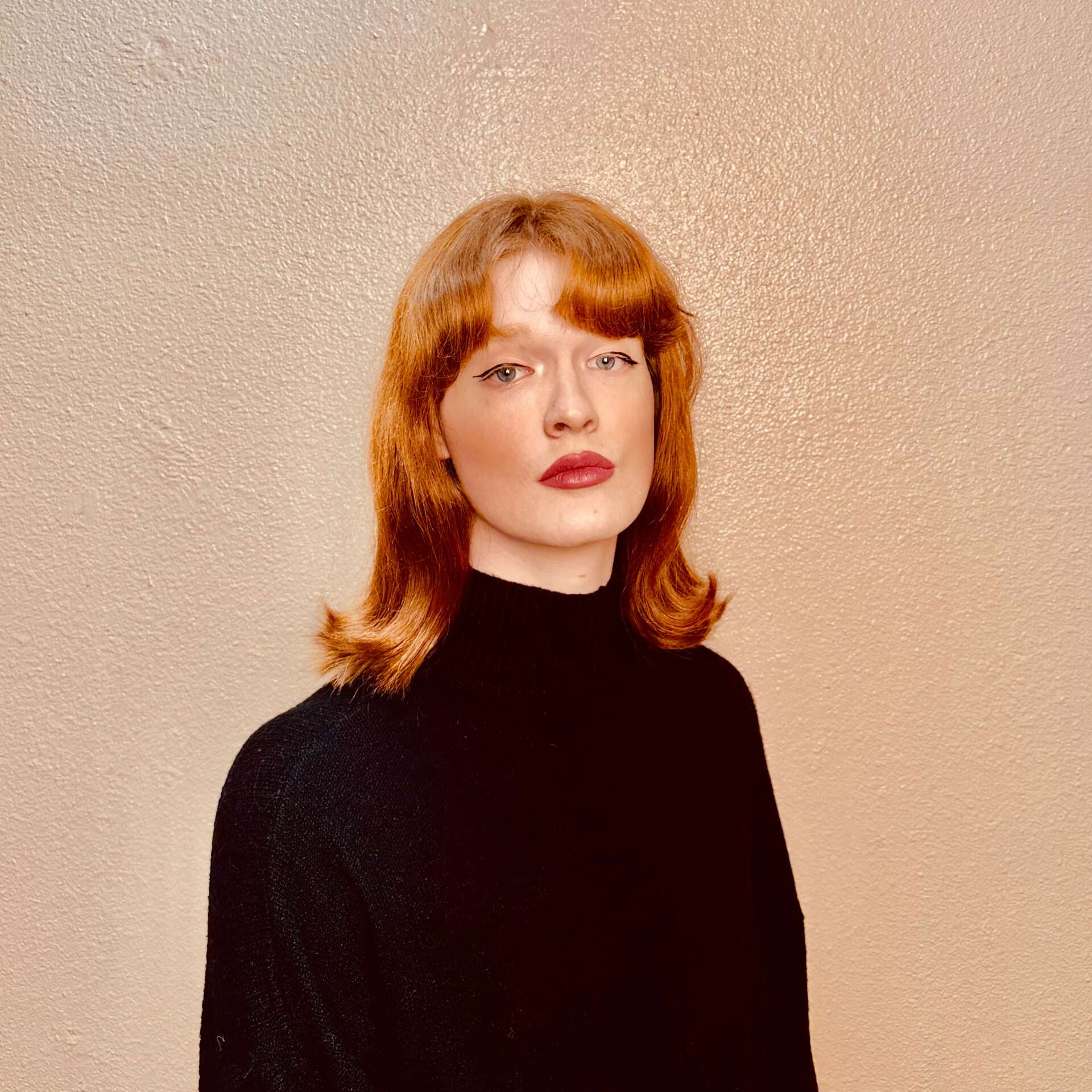We caught up with the brilliant and insightful Morgan Fator a few weeks ago and have shared our conversation below.
Alright, Morgan thanks for taking the time to share your stories and insights with us today. We’d love to hear about when you first realized that you wanted to pursue a creative path professionally.
When I was four years old, my mom, who did not have a musical background, recognized that I had a great talent and keen proclivity for music and creativity. My dad, who was musical and plays several instruments, saw the same spark; subsequently, my parents decided to put me in piano lessons. At first, I hated everything to do with music because I could not figure out how to sight read. I could play by ear fairly well, but I had immense difficulty learning the written language of music theory and notation. Regardless, my mom was not discouraged and struggled with me for years; she made me keep practicing, she dragged me to every lesson, and she would not let me give up, an act for which I am eternally indebted to her. Then, when I was eleven, one seemingly random day, everything just clicked and suddenly I could read music. From that moment forward, I knew that music was my destiny and it became my love, my obsession, and the forward focus of my career path.
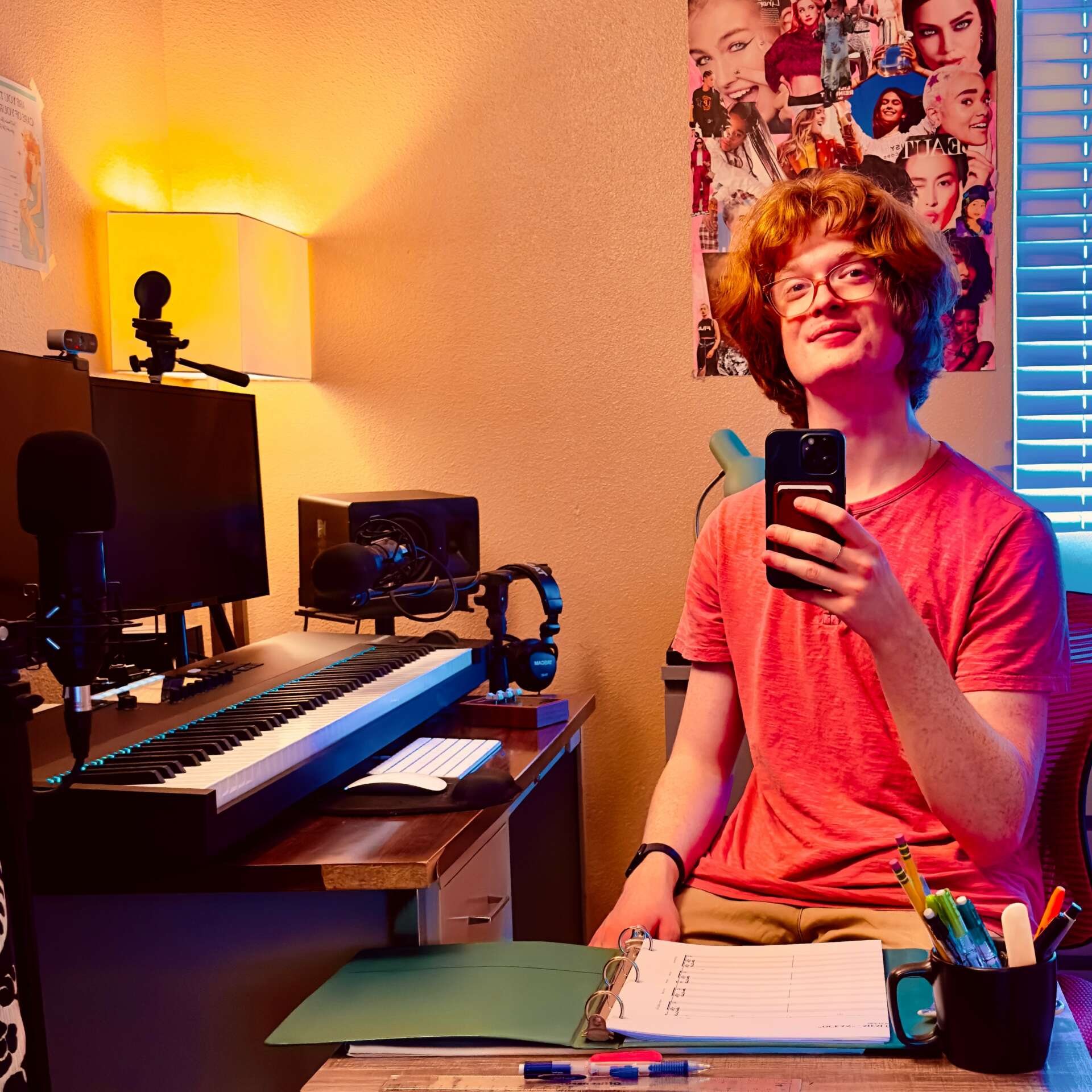
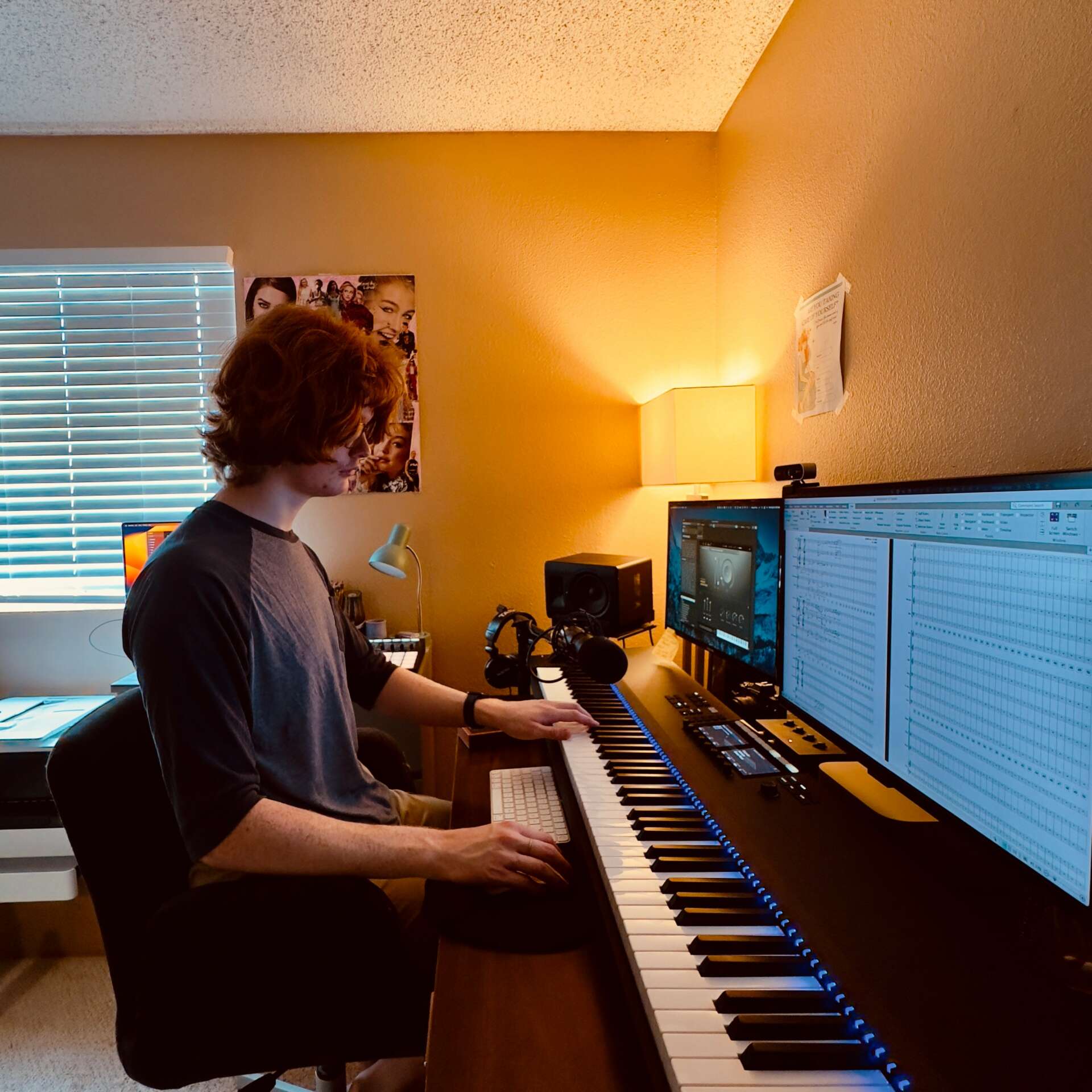
Awesome – so before we get into the rest of our questions, can you briefly introduce yourself to our readers.
My parents made sure that I grew up consuming a wide variety of media. I lived on a steady diet of golden age movie musicals, I watched Fred Astaire and Ginger Rodgers films, Buster Keaton and Charlie Chaplin, Star Wars, Harry Potter, Lord of the Rings, Disney, and everything else in between. Everything film that I saw ultimately worked to define who I am today. I was someone who already had a proclivity for music; paired with an equally powerful adoration for film and storytelling, film music naturally became a fixation. My listening palette early on included mostly classical music, John Williams, Howard Shore, The Sound of Music, Mary Poppins, etc., and it still does to this day while expanding to include equally relevant work of today’s composers and filmmakers.
Writing music for media never really occurred to me growing up. I was set on getting a Doctorate of Musical Arts in Music Composition and Orchestral Conducting. I wanted to write concert music, and make a career conducting major orchestras and teaching at well known universities. It took only one major life experience for those dreams to evolve. When I was seventeen, film music was of course a keen interest despite my dreams of becoming a concert composer. My mom discovered this workshop called The Los Angeles Film Conducting Intensive, a course designed to teach the art of studio conducting and address the demands of the professional, modern film composer. This course was designed for people who were already working in the industry; nonetheless, my mom encouraged me to apply. So, I wrote a mock film cue (a very juvenile attempt at composing for the orchestra) and sent in my work to be considered. By some miracle, the faculty at LAFCI were encouraged to see that a seventeen year old was interested in film scoring and they graciously invited me to observe the final recording session of the Intensive at the Eastwood Scoring Stage on the Warner Bros. lot in Burbank, California.
My mom generously agreed to drive me down to Burbank for the session. The experience was far beyond our expectations. While I was there, I got to meet Don Williams (John Williams brother and one of Hollywood’s finest timpanists), Angel Velez (conductor, educator, and co-founder of the LAFCI), Conrad Pope (one of Hollywood’s top orchestrators and conductors), and many more. I got to see the process of recording film music with a live studio orchestra. I was so mentally activated and deeply inspired; I knew that film music was my true calling in life, and I knew that I had to do everything I could to make it to Los Angeles. From then on, I started learning everything I could about film music, orchestration, conducting, music prep, etc. Eventually, I was accepted at Berklee College of Music to attain a Bachelor’s of the Arts in Music Composition for Film, TV, & Games. Soon after, I realized school was not for me; I was stagnant and I wanted to challenge myself to be self made.
Roughly five years later, I am now a media composer for film, television, and games, an orchestrator, conductor, arranger, and independent sample library developer based in San Diego and Los Angeles. My goal is to connect with likeminded storytellers who understand the gravity and importance of orchestral music paired with moving imagery and make movie magic! My traditional background in music education paired with my deep understanding of music technology makes me incredibly versatile as an artist. Favoring pen and paper methods of music creation, I hope to preserved golden-age Hollywood traditions and pay tribute to masters of the craft. As a transgender non-binary person, one of my goals is to bring about positive change in the scoring community, and to create widespread opportunity for marginalized people in the media music industry and beyond. I believe my goals, morals, and life experience paired with my niche skills give me a unique, refreshing artistic voice.
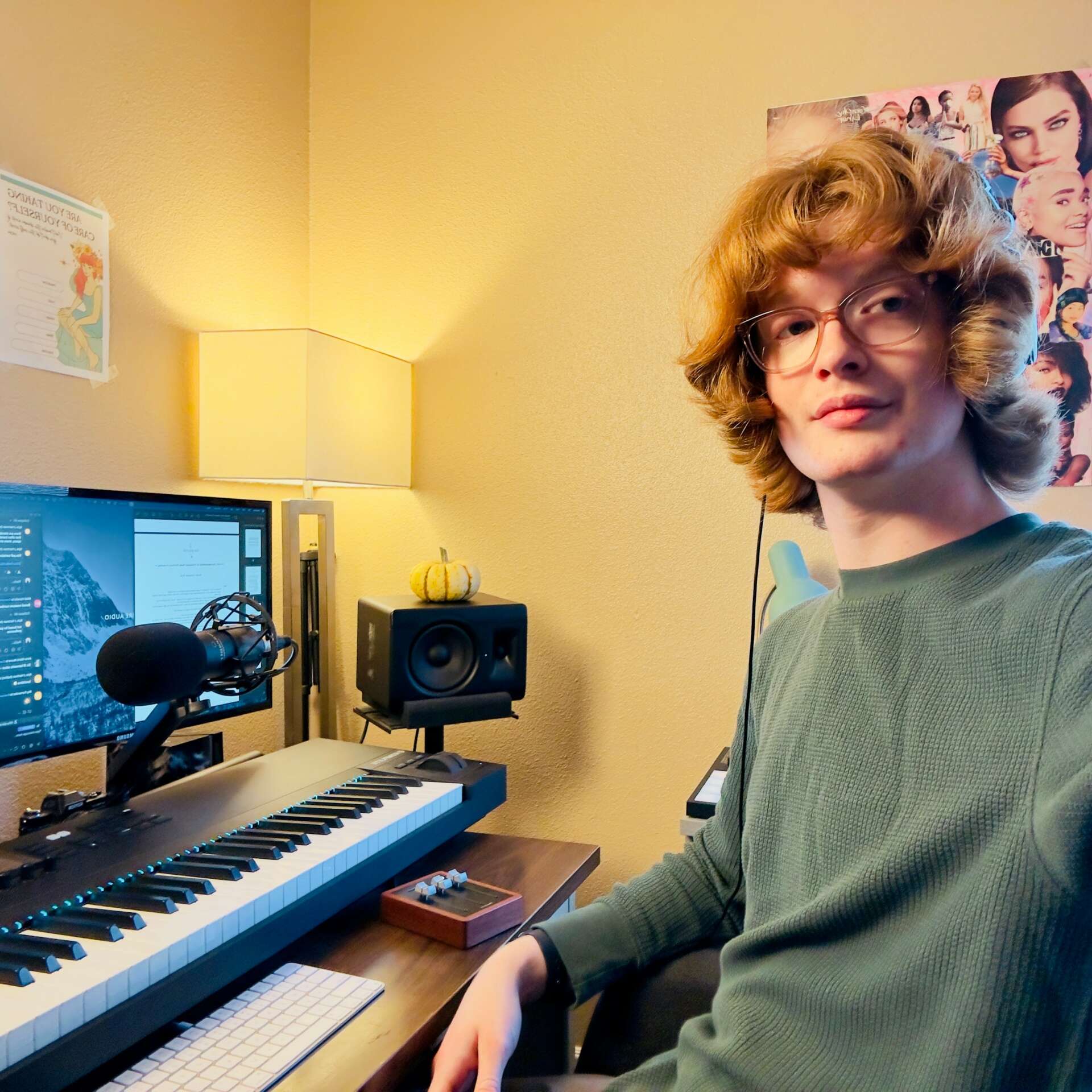
Are there any books, videos or other content that you feel have meaningfully impacted your thinking?
Any person seriously interested in film music would do well to purchase as many John Williams Signature Edition Scores as they can, and to study them meticulously. I have learned and absorbed more from score study than I have from any one text book. Adler’s The Study of Orchestration is a must read. Also, Hollywood orchestrator and conductor Tim Davies’ blog titled “DeBreved” is an incredible treasure trove of observations and expertise. YouTube has also been incredibly helpful for a plethora of topics including film composition, orchestration, orchestral programming, etc., etc.
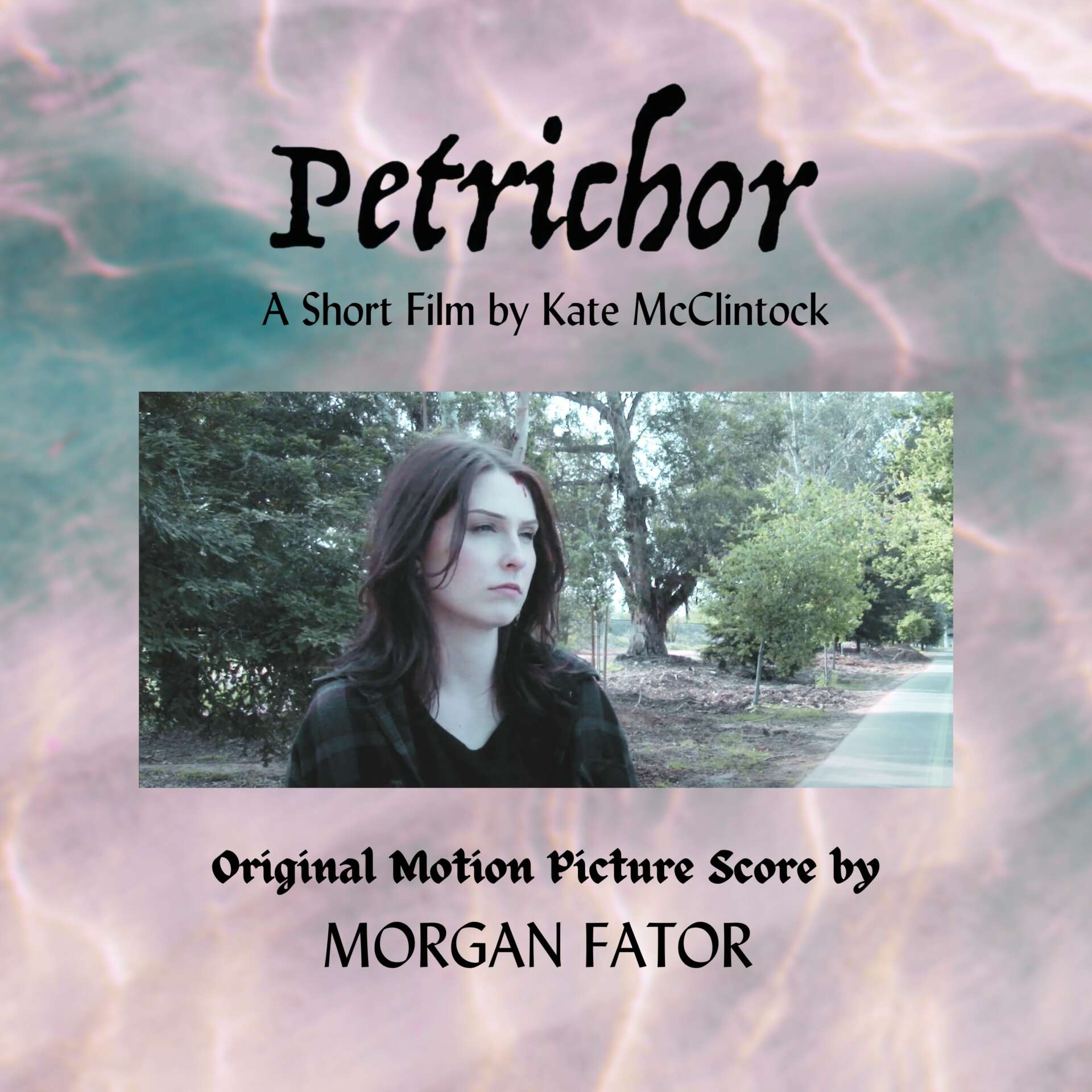
What can society do to ensure an environment that’s helpful to artists and creatives?
The media scoring community is safeguarded by closed doors and very little opportunity. It is extremely difficult to break into the industry and it takes determination, perseverance, and conviction in your goals and sense of self. Now, in this age of social media, it is even more difficult to break into film composition because there’s a sea of people on YouTube and instagram doing the exact same thing you are doing or want to be doing. So, in addition to getting your foot in the door, one should also offer support to their peers, friends and colleagues, and invest in nurturing relationships with people who share in your struggle. This will eventually grow into a network of people who are cheering you on because you are cheering THEM on. The reality is that society will never do music to support artists and weirdos who haven’t “made it” yet. So you just have to carve out your own path, and you can’t do it alone.
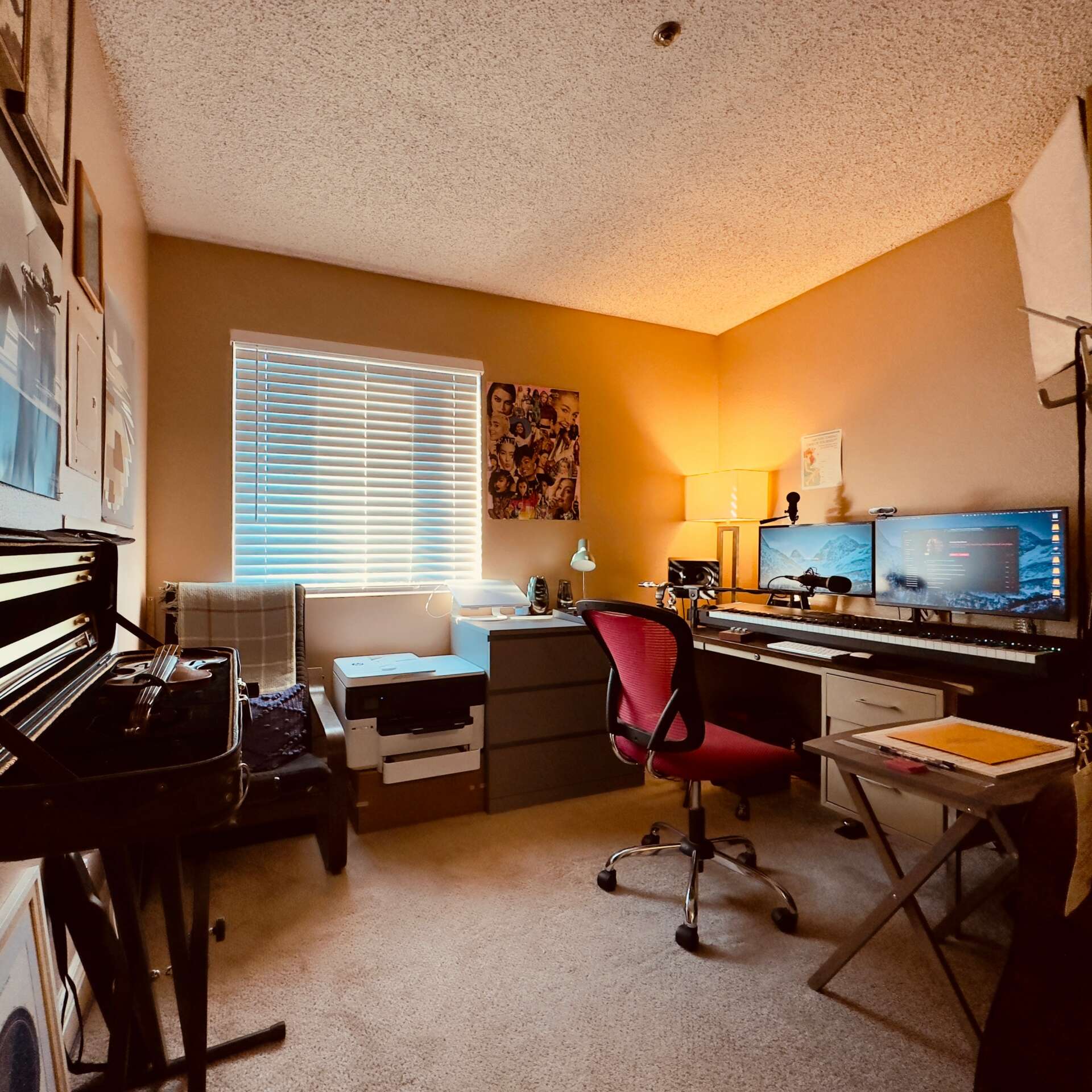
Contact Info:
- Website: https://morganfator.com
- Instagram: https://www.instagram.com/morganfator/
- Facebook: https://www.facebook.com/morganfatormusic
- Linkedin: https://www.linkedin.com/in/morganfator/
- Youtube: https://www.youtube.com/channel/UC_fDVHOiOR-hoHApGHsW_iw
- Other: https://linktr.ee/morganfatormusic


